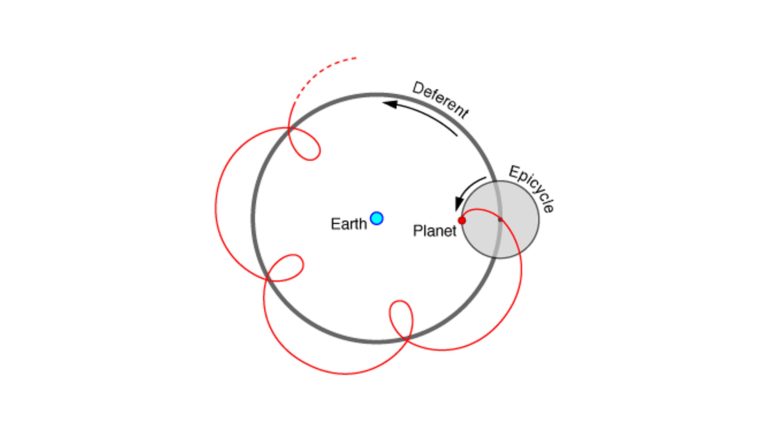By Drew Williams
Sentinel Columnist
Have you ever followed after God as faithfully as you could, but when you arrived at the destination or the decision that you felt sure God was leading you in, what you encountered, strongly suggested that you had either misunderstood or misheard? There have been times in my life when I have clearly misunderstood. God’s heart was to graciously apply some course correction. Perhaps more frequently, however, I find that I am in the right place at the right time but with all the wrong expectations. If this scenario is at all familiar to you then Elijah, the Old Testament prophet, makes for an interesting case study.
Chapter 17 of the book of First Kings has enough cliffhanger material to make its own mini-series. King Ahab has been leading God’s people deeper into darkness. Dramatically, the chapter kicks off with Elijah (whose name means “My God is Yahweh”) standing before Ahab and foretelling of a great drought. His prophetic words are correct and we might assume that this would legitimize Elijah’s ministry and lead him publicly from strength to strength. Instead, God leads him into obscurity, instructing him to hide out by a tributary of the river Jordan where he will be fed by ravens and hydrated by a brook called Kerith. Then the brook dries up and God leads him to a new shelter in the home of a widow and her son. But he finds them so depleted by poverty and hunger that they are preparing their last meal in anticipation of starving to death.
God miraculously sustains Elijah, the widow and her son—and all is going well until the son dies! The widow cries out to Elijah, “What do you have against me, man of God? Did you come to remind me of my sin and kill my son?” (verse 18). This is a heartbreaking situation. Not only is she grieving the loss of her only son, but now she has no one to care for her in her old age. Ah, but there remains one more plot twist!
What is God showing us through the lens of Elijah’s ministry? Here are a few things that have struck me afresh. To begin with, it is an intractable principle of life that God leads us one step at a time. Elijah knew that God had called him. He was even clear about God’s overall plan and purpose: to win His people back to Himself. Yet Elijah is, again and again, taken to the very edge of himself—a precipice from which he cannot fulfill his mission by relying upon his own initiative. He is never able to move more than one step at a time, and every step is guided and governed by God. Chapter 17 is filled with Godly steppingstones—and never more one at a time.
But what about when that next step feels or looks like it is a misstep? We are told, “Some time later the brook dried up because there had been no rain in the land.” (verse 7). Interestingly, the Lord did not say that it would not dry up. If Elijah had been utterly dependent upon the brook he would have utterly despaired when it dried up. He chooses instead to place his trust and reliance upon God, and in this way God leads him to a place of even greater provision.
But the death of the widow’s son clearly troubles Elijah’s heart. He grieves for the boy and his mother’s plight, and he brings some very robust prayers before God. Elijah took the boy from the widow’s arms, carried the boy in his arms and laid him on his own bed, and cried out to God, “’Lord my God, have you brought tragedy even on this widow I am staying with, by causing her son to die?’ Then he stretched himself out on the boy three times and cried out to the Lord, ‘Lord my God, let this boy’s life return to him!’” (verses 20-21). And the boy is miraculously restored to his mother.
There is something here to be understood about wholeheartedly taking on the pain of another and, at the same, wholeheartedly coming before God with that pain and confusion. Yes, Elijah complained, but he complained to God. He never stopped seeking Him. Suffering and confusion did not drive him away from God, but propelled him toward God.
The Bible assures us that God is “near to the brokenhearted” (Psalm 34:18) and that God “…upholds all who fall and lifts up all who are bowed down” (Psalm 145:14). All of this means that even if we cannot feel God in our darkest and most despairing hour, He is still there and very much at work for our good. Elijah would reassure us that although we may not know the next step, God surely does—that the path that God is leading us on, step by step, is the same path that is taking us to closer Him.
Drew Williams is senior pastor at Trinity Church in Greenwich.




